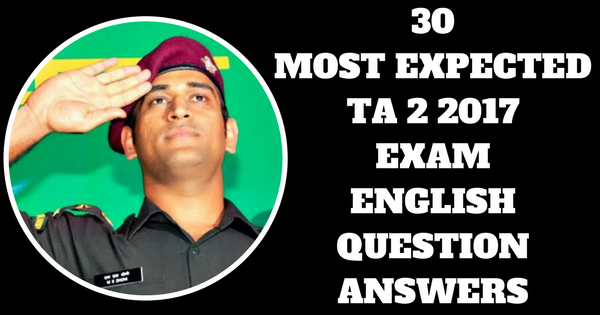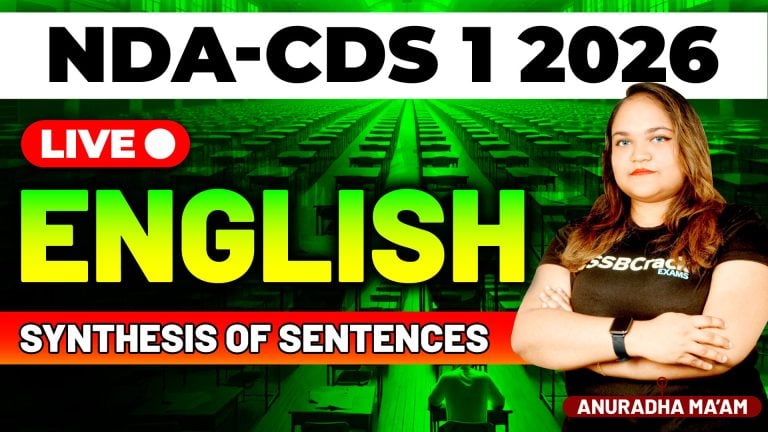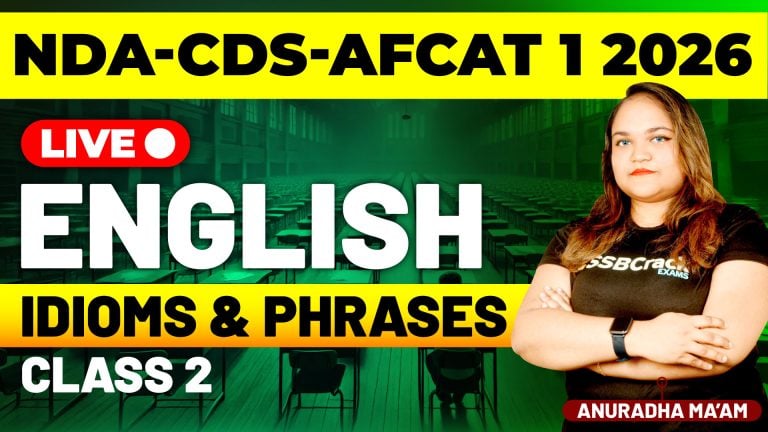In this article we will share 30 Most Expected TA 2 2017 Exam English Question Answers.
30 Most Expected TA 2 2017 Exam English Question Answers

- The artificial ways of inducing sleep are legion, and are only alike in their ineffectuality. In Lavengro there is an impossible character, a victim of insomnia, who fi nds that a volume of Wordsworth’s poems is the only sure soporifi c, but that was Borrow’s Malice. The famous old plan of counting sheep jumping over a stile has never served a turn. I have herded imaginary sheep until they insisted on turning themselves into white bears or blue pigs, and I defy any reasonable man to fall asleep while mustering a heard of stupid swine.
Q. The author points out that
(a) sleep can easily be induced
(b) the artifi cial means of inducting sleep are not good
(c) artifi cial ways of inducing sleep are ineffective
(d) artifi cial ways of inducing sleep are expensive
Q. According to the author the character in Lavengro
(a) resorts to external aids to get some sleep
(b) is an admirer of Wordsworth
(c) spends sleepless nights reading Wordsworth
(d) is an avid reader of poetry
Q. The author uses “impossible” for the character of Lavengro in the sense of
(a) funny (b) unrealistic (c) queer (d) imaginary
Q. Borrow’s malice is most probably directed at
(a) sleeplessness
(b) the artifi cial ways of inducing sleep
(c) Wordsworth’s poetry
(d) poetry in general
Q. In order to cure his insomnia, the writer
(a) does a lot of reading
(b) vainly tries to concentrate on imaginary situations
(c) keeps a flock of sheep
(d) counts sheep jumping over a stile
Choose the world which best expresses nearly the same meaning of the given word
Q. CONNOISSEUR
(a) swindler (b) expert (c) informant (d) fugitive
Q. INJUNCTION
(a) order (b) coincidence (c) shot of medicine (d) meeting point of railway tracks
Q. SARDONIC
(a) carelessly dressed (b) threatening (c) mocking (d) fl irty
Q. INCISIVE
(a) Impressively direct (b) urgent (c) kind (d) doubtful
Q. DEBILITATE
(a) attack (b) weaken (c) destroy (d) kill
Q. SANGUINE
(a) Hopeful (b) clever (c) modest (d) loyal
Q. PROGNOSIS
(a) Preface (b) Forecast (c) Suffer (d) Weakness
Q. ONEROUS
(a) Awesome (b) Burdensome (c) Difficult (d) Easy
Q. PERFIDY
(a) Deceit (b) Treachery (c) Conceit (d) Deceit
Q. INNATE
(a) Inborn (b) Unique (c) Imported (d) Essential
Choose the word which best expresses the opposite meaning of the underlined word in the sentences given below
Q. The treaty was ratified by the heads of states
(a) annulled (b) set a side (c) destroyed (d) unsettled
Q. He stood gazing at the serene expanse of the sea
(a) ruffled (b) clear (c) scenic (d) tranquil
Q. He looked elated on hearing the news
(a) depressed (b) exasperated (c) anxious (d) jubilant
Q. He is suffering from benign tumour
(a) infectious (b) malignant (c) contagious (d) encapsulated
Q. The indignation of the retreating taliban resulted in large scale killings
(a) orderliness (b) anger (c) happiness (d) displeasure
Fill in the blanks with appropriate words from the option given below
- Q. Krishan’s horse is of an excellent …………………
(a) brood (b) breed (c) stood (d) steed
Q. Smoking ………………… health
(a) kills (b) effects (c) rejects (d) affects
Q. This is a ………………… on his character
(a) blur (b) blot (c) spot (d) slur
Q. The Christmas tree ………………… with star and lights
(a) encased (b) adorned (c) endowed (d) enticed
Q. Slaves were freed from ………………… only after they died
(a) bondage (b) pilferage (c) arrangement (d) agreement
In each of the following sentences fi nd out which part of the sentence has an error
Q. Children often (a) / quarrel on (b) / petty issues (c) /no error (d)
Q. My mathematics teacher (a) / often emphasises on (b) / the need for a lot of practice (c) / no error (d)
Q. Our laxity in duty (a) / increases with our (b) / aversion for work (c) / no error (d)
Q. For nearly half a century he lived in that village, (a) / sharing the joys and sorrows of the people there (b) / but later he left the village and has not been heard of since (c) / no error (d)
Q. He was accused for murder (a) / but the court found him not guilty (b) / and acquitted him (c) / no error (d)








